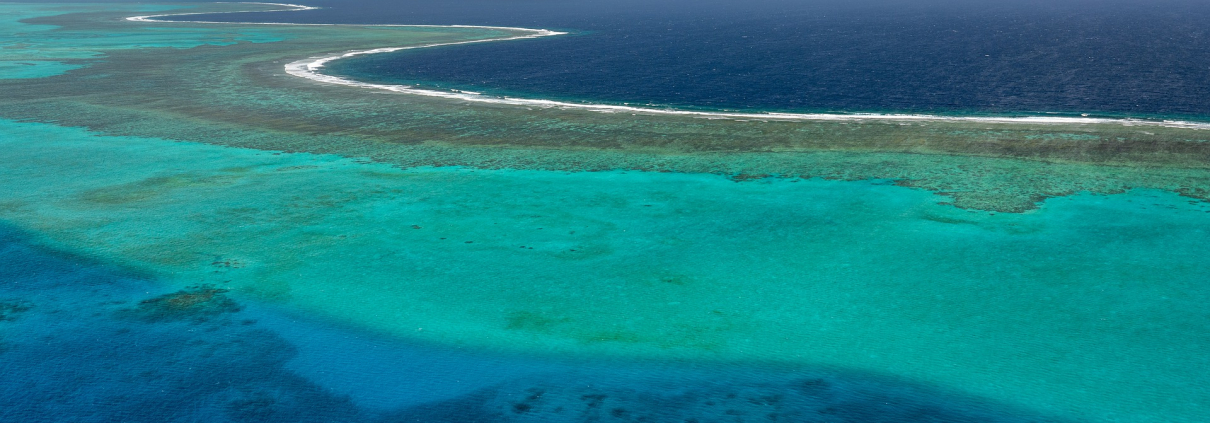Protecting Coasts and Habitats with Architected Artificial Reefs
An estimated 133 million people live in coastal shoreline counties in the US, about 40% of the population (NOAA State of the Coast Report). Coastal communities, infrastructures, habitats, and species are increasingly vulnerable to storm impacts like erosion and flooding.
Congress has again encouraged Sea Grant to continue supporting coastal resilience efforts with its FY 2023 appropriation, and the National Sea Grant Office has awarded funding to programs working to address coastal adaptation and resilience challenges.
MIT Sea Grant, in collaboration with the MIT Center for Bits and Atoms, received funding in 2022 through the Defense Advanced Research Projects Agency (DARPA) to design artificial reefs that would help protect coastal communities and infrastructure, while also benefiting local habitats and species. Building on these efforts, MIT Sea Grant will use the FY 2023 Sea Grant funding to advance development of the reef modules, provide a case study for implementation in Massachusetts, and engage coastal communities and constituents.
The novel reef architectures consist of five vertical columns made from benign materials arranged in a configuration that dissipates wave energy. Each column is made up of smaller units that act as habitats for marine life. This design allows for intense energy flows outside of and around the structures, while providing a hydrodynamically sheltered space inside to accommodate fish and other coastal creatures. The overall structures will be scalable for use in a diversity of environments and can be assembled on-site.
The artificial reef design has proven to be more effective than natural reefs and existing engineered reefs in dissipating wave energy. MIT Sea Grant will now select sites to be representative cases to study based on need (e.g., Environmental Justice, previous storm damage), constituent interest, and geophysical suitability.
The Northeast is impacted each year by winter coastal storms, hurricanes, and occasional tropical storms, and climate change will continue to affect the intensity, duration, and frequency of these storms. Through continued research, outreach, and education, MIT Sea Grant will collaborate to create solutions and minimize coastal storm impacts.
>>Sea Grant FY23 Base Supplemental / Coastal Adaptation and Resilience NOFO




